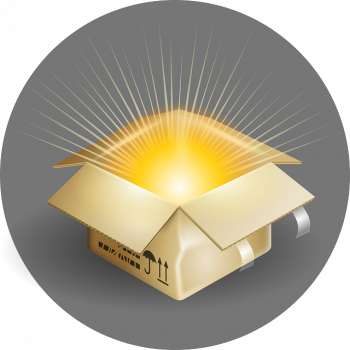Archive for 'Grammar'
Easily Made Adverbs Posted by Bjørn A. Bojesen on Feb 29, 2020

Quick learners will quickly learn: Just as adjectives describe nouns (slow + learner) adverbs describe verbs (slowly + learn). In English, most adverbs take the ending -ly. In Danish, it’s also relatively easy. (All right, as those word just showed, an adverb can also describe an adjective: relatively + hard…) 🙂 The rule of thumb…
All has been perfect Posted by Bjørn A. Bojesen on Dec 30, 2019

Har du fået nogle fine julegaver? (Have you got some nice Xmas presents?) With the festive days fresh in mind, the time has come to look at the perfect tense. Have you ever thought about the perfect tense? It’s used to talk about a span of time that includes both the present moment and the…
Nothing and everything Posted by Bjørn A. Bojesen on Aug 24, 2018

Sometimes *everything* seems chaotic, and *nothing* makes sense. Fortunately, the language we speak provides us with words to communicate these extremes. Let’s look at the Danish all-inclusive menu of nothingness… In order to ”remove” things when speaking Danish, ingen (no one) and ikke (not) are your best tools. Combine ikke with noget (anything) or nogen…
Feeling Bored in Danish Posted by Bjørn A. Bojesen on Jul 21, 2018

Ej hvor kedeligt! (How boring!) Late summer is a time when some people start feeling bored – kids are tired of their parents dragging them through verden (the world) on a jet-set sommerferie (summer holiday) and just want to go hjem [yem] (home), while the adults probably have started longing for their quiet kontor [konTOHR]…
Hello Interjections! Posted by Bjørn A. Bojesen on Apr 30, 2018

Ouch! Hitting your finger with a hammer hurts, and the interjection ouch helps you let out a bit of the pain and frustration. Yes! and um… are also interjections, small words that we use to express a feeling. They’re like their own miniature sentences, loaded with meaning. (The meaning of Yes! could be ”I’m so…
Looking Back and Looking Forward Posted by Bjørn A. Bojesen on Dec 31, 2017

Så blev der minsandten nytår igen! (Then it really became New Year again!) Nytårsaften (New Year’s Eve) is a time for looking back at året der gik (the year that went) as well as looking forward to det nye år (the new year). Let’s look in both directions in this post. 🙂 To recall something…
Matching words to make them stick Posted by Bjørn A. Bojesen on Aug 27, 2017

Which is most important when learning a new language – grammar or words (vocabulary)? Well, most native speakers will forgive you if you make a grammatical mistake or two. Without basic words, however, you can only point and smile. Here is a neat trick to increase your vocabulary: Learn micro-phrases with two or three words…


